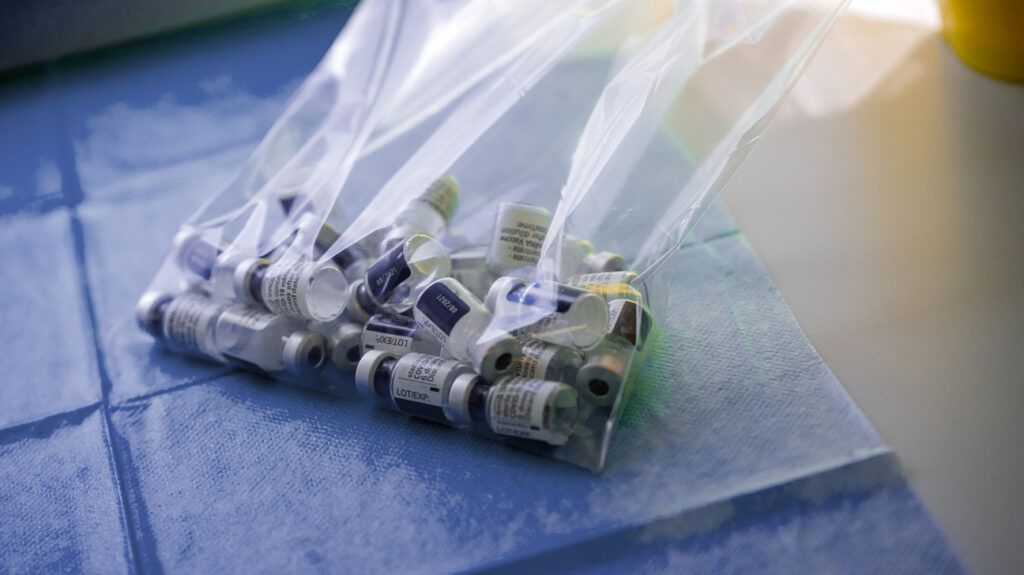One Blood Test to Assess How Different Organs in Our Bodies Are Aging

A new blood test can now evaluate the aging process across 11 different bodily systems, providing personalized insights into how different organs age, aiding targeted healthcare interventions.
Recent advancements in aging research have led to the development of a groundbreaking blood test that evaluates the aging process across various physiological systems. Unlike traditional methods that provide a single overall biological age, this innovative test measures the aging status of 11 different bodily systems, offering a detailed and personalized view of how our bodies change over time.
Our bodies do not age uniformly. Different organs and systems can age at different rates influenced by environmental, lifestyle, and genetic factors. Conventional aging assessments mainly produce a single number representing overall biological age, which does not specify which parts of the body are aging faster. Recognizing the need for more precise insights, scientists have harnessed the power of machine learning to create the Systems Age test.
The development process involved analyzing a vast amount of health data from approximately 7,500 individuals, including medical histories, blood test results, grip strength, and other physical measurements. Researchers identified correlations between blood-based biomarkers—such as cholesterol and blood sugar levels—and age-related health conditions in specific organs. These insights were integrated with DNA methylation patterns, chemical modifications that affect gene activity and change over time, to train a computer model.
The outcome, the Systems Age test, calculates unique scores indicating the biological age of different systems like the heart, lungs, brain, metabolic, and immune systems. When tested on over 8,000 blood samples, the model outperformed older epigenetic clock methods in predicting the likelihood of specific diseases and age-related conditions. For example, a high score in the heart system correlates strongly with cardiovascular disease risk.
Interestingly, individuals with the same overall Systems Age may exhibit different aging patterns across their organs. This variability can help healthcare professionals tailor targeted treatments—for instance, suggesting immune-boosting strategies if the immune system is aging faster than other parts, or lifestyle modifications if the heart shows accelerated aging.
This innovative approach marks a significant step forward in personalized medicine, enabling more accurate monitoring of individual health trajectories. By focusing on specific system aging, doctors can better identify risks and intervene early, ultimately improving health outcomes as we age.
This research underscores the importance of detailed aging assessments and offers a promising tool for managing age-related health issues more effectively.
Stay Updated with Mia's Feed
Get the latest health & wellness insights delivered straight to your inbox.
Related Articles
Emerging Research Highlights Potential of Ozempic and Similar Drugs in Stroke Prevention and Brain Injury Reduction
Recent research suggests that weight loss drugs like Ozempic may play a significant role in preventing strokes and reducing brain injury complications, opening new possibilities for neuroprotective therapies.
Chronic Use of Benzodiazepines Negatively Affects Sleep Quality in Older Adults, New Study Finds
New research shows that long-term use of benzodiazepines worsens sleep quality and affects brain health in older adults with insomnia, emphasizing the need for safer treatment options.
Combining Incentives, Text Reminders, and Community Engagement Significantly Improves Child Immunization Rates
A groundbreaking study from MIT reveals that integrating incentives, text reminders, and community outreach can dramatically improve childhood immunization rates in India with cost-effective strategies.
CDC Considers Banning Thimerosal in Vaccines Due to Safety Concerns
The CDC is considering banning thimerosal in vaccines due to safety concerns. Learn what you need to know about this preservative, its safety, and impact on vaccine availability.



